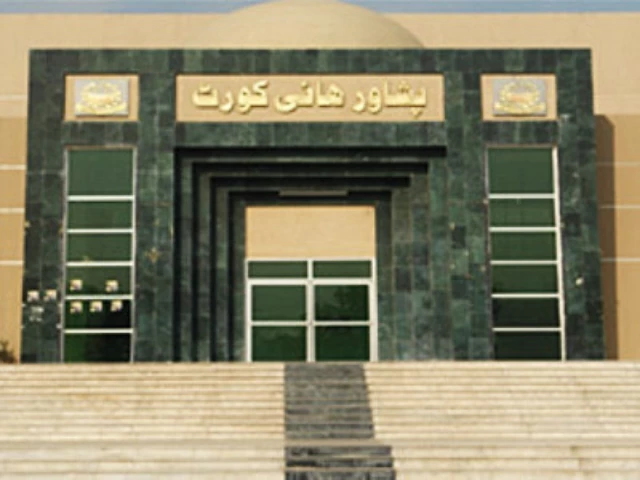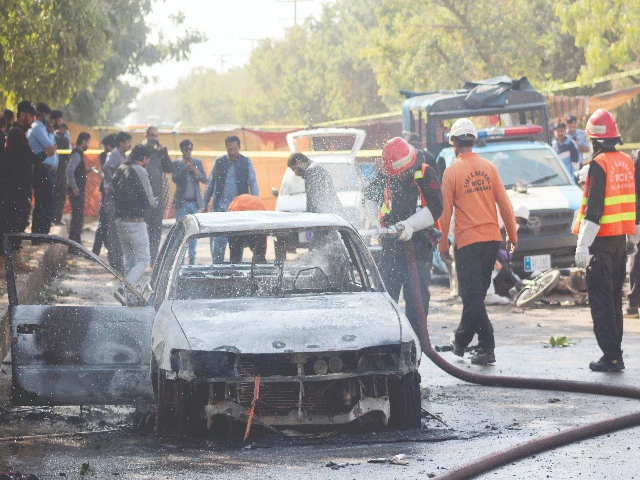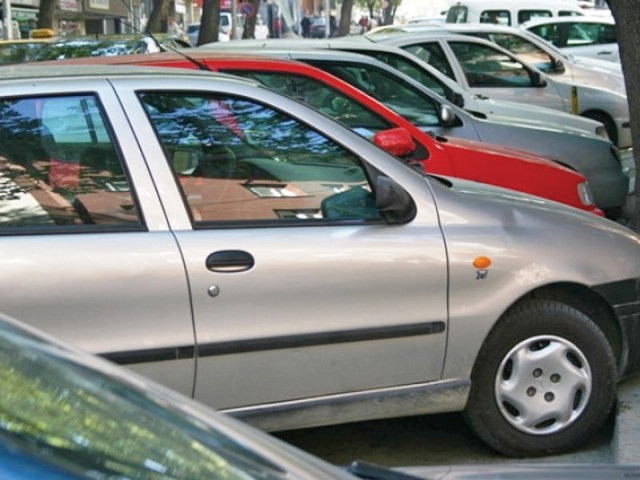Understanding Pakistan’s Sugar Crisis: Key Insights and Concerns
The ongoing sugar crisis in Pakistan is raising eyebrows and causing distress among citizens. Recently, the Public Accounts Committee (PAC) met to discuss the export of 750,000 tons of sugar worth a staggering Rs111 billion by 67 sugar mills to various countries. It’s hard to ignore how this situation contrasts with the pricing issues locals are facing at home.
During the meeting, officials highlighted that Pakistan had a surplus of 1.3 million tons of sugar for the 2023-24 season. Interestingly, only 790,000 tons have been approved for export. This sounds promising until you consider that the average retail price is reported to hover around Rs173 per kg, while many people are paying over Rs200 in their local markets. The price disparities highlight a troubling gap between statistics and everyday reality.
Members of the PAC expressed serious concerns. Senator Fauzia Arshad pointed out that sugar is not just expensive; it’s nearly unavailable for many. This frustration led to criticisms of the government’s inconsistent sugar policies—exporting large quantities one year, only to turn around and import the next. MNA Khawaja Shehraz Mehmood even called this a form of "daylight robbery," noting that those profiting from exports appear to be cashing in on imports as well.
The political landscape isn’t helping either. MNA Amir Dogar made explosive claims regarding who owns the sugar mills, pointing fingers at powerful figures like President Asif Ali Zardari and notable politicians. When such allegations surface, it’s essential for transparency to reign supreme—especially when the financial ramifications are so vast.
During the PAC meeting, it was noted that the government plans to import 300,000 tons of sugar to avert a shortage before the next crushing season begins in mid-November. While this might seem like a quick solution, lawmakers emphasized that any imports should not undermine local farmers.
As discussions progressed, the importance of accountability became clearer. The PAC insisted that all relevant ministries submit detailed reports to maintain transparency and ensure that the right actions are taken moving forward.
Understanding the complexities of this issue sheds light on a crisis that affects not just the economy but also the daily lives of citizens. Wouldn’t it be wonderful if there were more avenues to foster dialogue about such pressing concerns?
If you want to stay informed about the latest developments in various sectors, including agriculture and economy, find out more at Pro21st. We’re dedicated to helping you engage with important topics that matter to you.
At Pro21st, we believe in sharing updates that matter.
Stay connected for more real conversations, fresh insights, and 21st-century perspectives.





